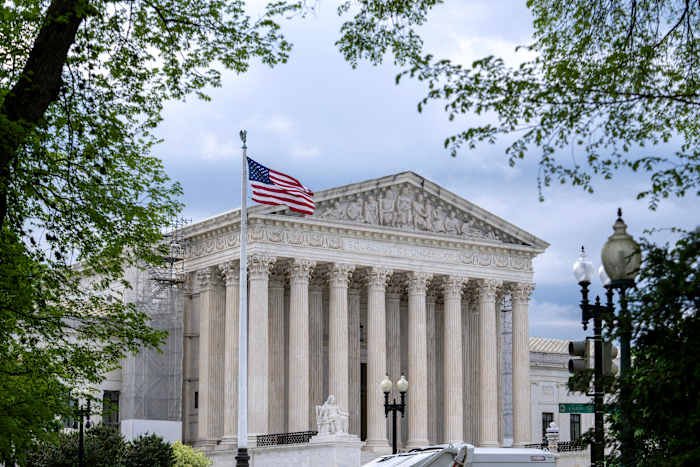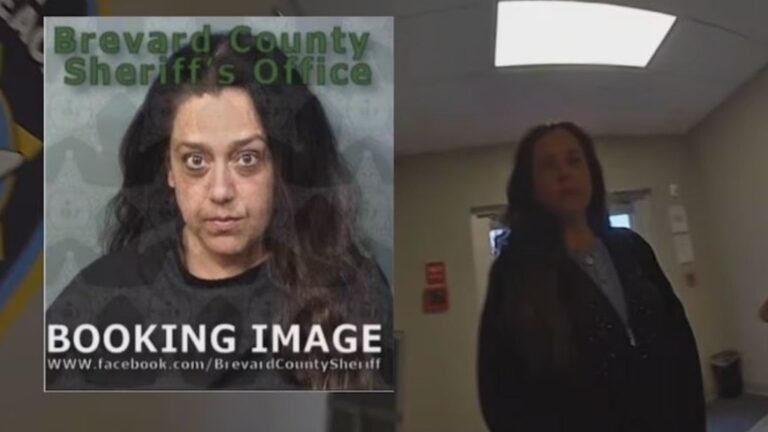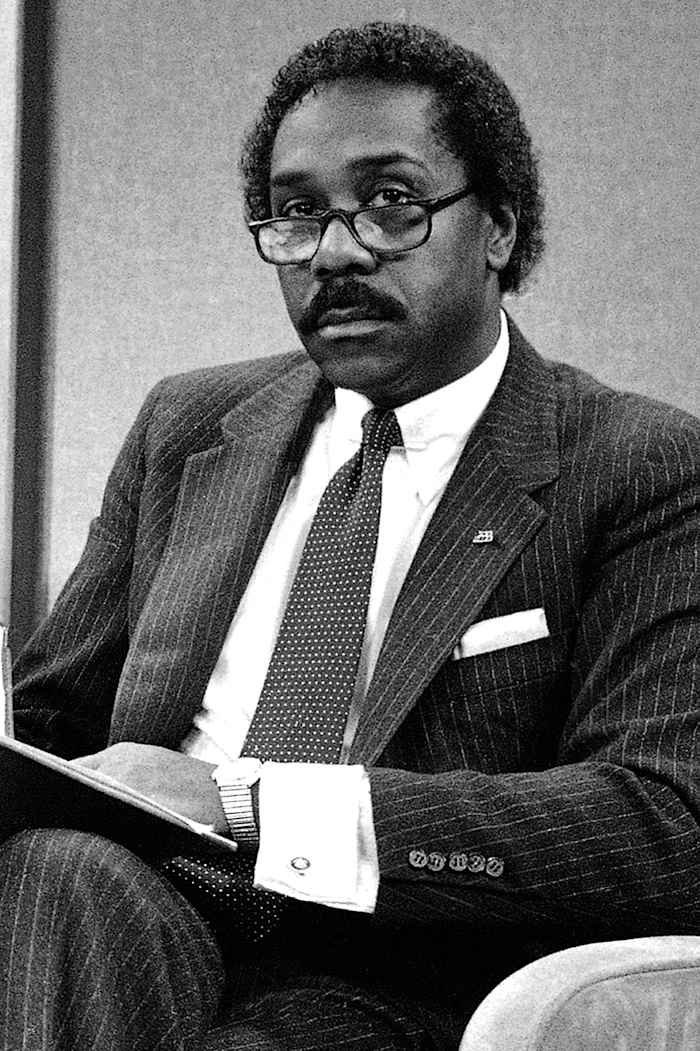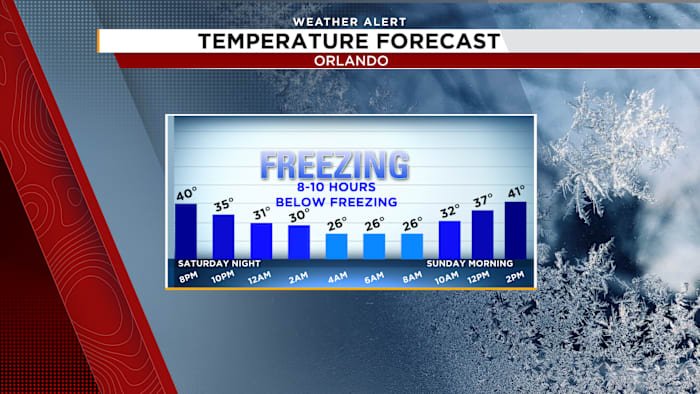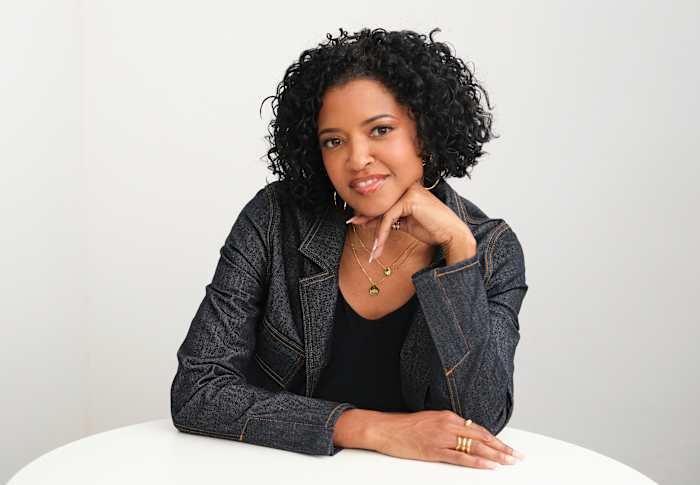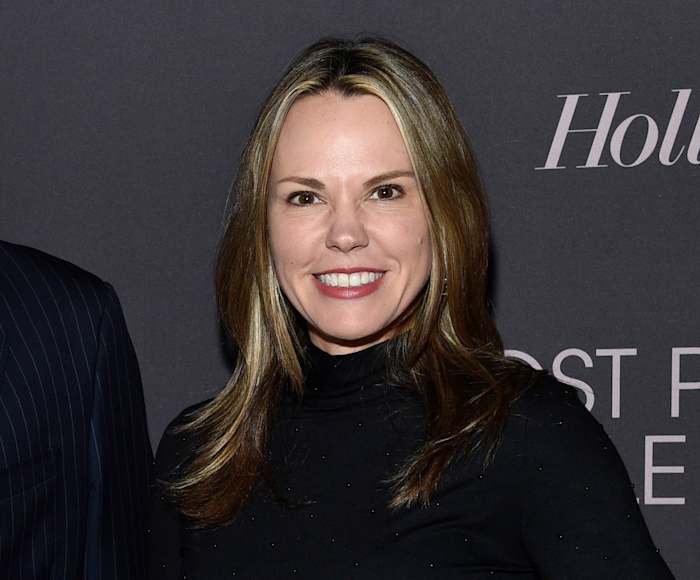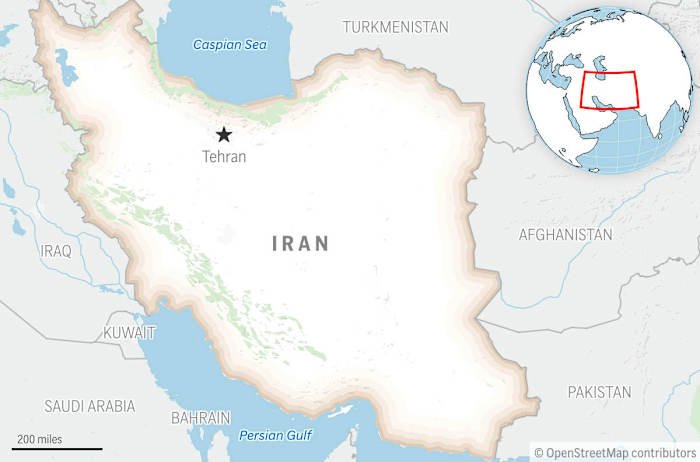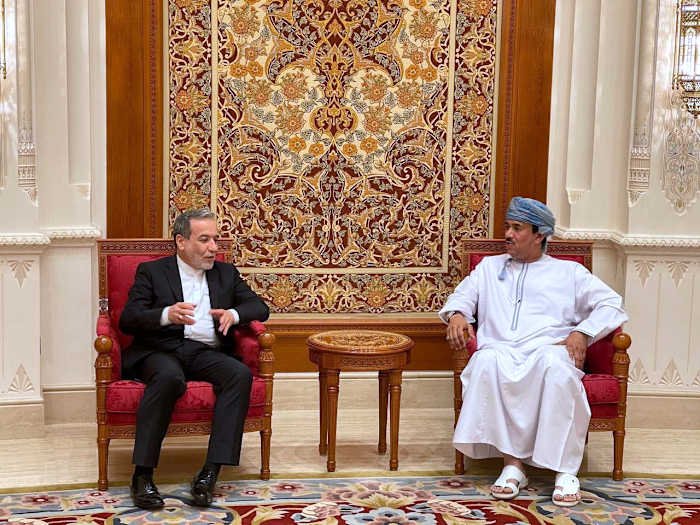Orlando, FL – In a landmark decision with far-reaching implications, the U.S. Supreme Court has revived a series of lawsuits filed by American victims of terrorism against Palestinian authorities. These cases, some of which have been in legal limbo for over a decade, involve families and survivors seeking justice for attacks that occurred in Israel and the Palestinian territories. For Orlando residents, many of whom have ties to the Middle East or have loved ones serving abroad, this decision reverberates close to home, sparking renewed conversations about justice, accountability, and international law.
Background: The Long Road to the Supreme Court
The lawsuits at the heart of this Supreme Court decision date back to attacks carried out in the early 2000s. American citizens killed or injured in these attacks, or their families, initially sought to hold the Palestinian Authority (PA) and the Palestine Liberation Organization (PLO) liable under the U.S. Anti-Terrorism Act. The act allows American victims to sue for damages in U.S. courts if they can prove that foreign organizations provided material support for acts of terrorism.
However, lower courts had previously dismissed these lawsuits, often citing jurisdictional issues—arguing that U.S. courts did not have authority over foreign governments for acts committed overseas. The Supreme Court’s latest ruling changes that, stating that under certain conditions, U.S. courts can hear these cases, giving hope to families who have waited years for their day in court.
What the Supreme Court Decision Means
The Supreme Court’s decision does not determine the guilt or innocence of the Palestinian authorities in these specific attacks. Instead, it revives the possibility for the victims’ families to pursue their claims in U.S. courts. The ruling clarifies that, under federal law, American victims of terrorism have pathways to seek accountability, even when the alleged perpetrators are foreign entities.
For many Orlando families with connections to Israel, Palestine, or the broader Middle East, this decision is significant. Central Florida is home to diverse communities, including sizable Jewish, Arab, and Palestinian populations. Many are directly or indirectly affected by Middle Eastern conflicts, and this ruling may empower local residents who have been touched by international violence to seek justice and closure.
Local Impact: Orlando’s Connection to Global Justice
Orlando is often seen as a global city, not just for its tourism industry but also for its deep ties to international communities. The city’s synagogues, mosques, churches, and cultural organizations frequently host events centered on peace, reconciliation, and remembrance of those lost to violence abroad. With the Supreme Court’s ruling, local advocacy groups are already mobilizing to inform affected families of their rights and to provide legal and emotional support.
Several local attorneys with expertise in international law have commented that this decision could set a precedent, making it easier for victims of overseas terrorism to find recourse through U.S. courts. “This is a signal that our judiciary recognizes the pain of American families, no matter where terrorism strikes,” said Orlando-based lawyer Miriam Goldstein in a statement to Daily Orlando News. “It’s a step toward ensuring that perpetrators are held accountable, regardless of geographic boundaries.”
Additionally, Orlando universities and legal scholars are watching closely. Students studying international relations or law at the University of Central Florida (UCF) and other institutions may find new opportunities for research, internships, and advocacy as the revived lawsuits move forward.
Potential Challenges and Next Steps
While the Supreme Court’s decision is a breakthrough, the path ahead is far from simple. The revived lawsuits must still overcome significant legal and diplomatic hurdles. Proving liability in terrorism cases is notoriously complex, often involving classified evidence, international witnesses, and sensitive geopolitical considerations.
Palestinian officials have denounced the lawsuits as politically motivated, warning that legal actions in U.S. courts could harm diplomatic relations and peace efforts in the region. The Biden administration, while supporting the rights of American victims, has also expressed concerns about the broader diplomatic implications of such lawsuits.
Locally, Orlando residents with dual citizenship or family members living in the Middle East are watching anxiously. Many hope that the courts will prioritize justice and accountability, while also considering the broader humanitarian and political context. Community leaders are urging all sides to approach the legal process with sensitivity and respect for those who have suffered.
Why This Matters to Orlando
Orlando has a proud tradition of international engagement, from supporting refugees to fostering interfaith dialogue. The Supreme Court’s decision is a reminder that global events are never far from home. Whether through direct family connections, travel, or business, many in Central Florida are touched by the ripple effects of global conflict.
Local organizations such as the Holocaust Memorial Resource & Education Center of Florida and the Arab American Community Center are expected to host forums and discussions in the coming weeks, helping residents process the news and understand its implications. These conversations are vital for a city as diverse and interconnected as Orlando, where global justice often feels personal.
Conclusion
The Supreme Court’s revival of lawsuits against Palestinian authorities marks an important moment for American victims of terrorism and their families. For Orlando residents, this decision is more than just a legal headline—it’s a call to reflect on our city’s global connections and commitment to justice. As these lawsuits proceed, Orlando will be watching closely, supporting those seeking closure and accountability while fostering dialogue and understanding across cultures.
We want to hear from you: How do you think

